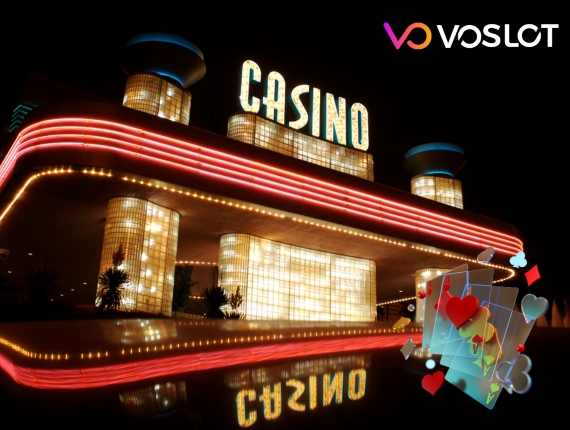The Evolution of Casinos | From Ancient Games to Modern Marvels

Casinos have been a part of human civilization for centuries, evolving from rudimentary games in ancient cultures to the lavish establishments we see today. This article explores the rich history of casinos, highlighting key developments across different eras and regions, and examining how they have transformed over time.
Ancient Beginnings: The Roots of Gambling
Gambling’s origins can be traced back thousands of years to ancient civilizations where people engaged in simple games of chance. In ancient China, for example, rudimentary forms of lottery games were popular as early as 2300 BC. Similarly, the Greeks and Romans were known for their love of gambling, often betting on events like chariot races and gladiator contests. These early forms of gambling laid the foundation for what would eventually become the global casino industry.
The Rise of European Gaming Houses
The concept of the modern casino began to take shape in Europe during the Renaissance. In the 17th century, Italy was home to the first known gambling house, the Ridotto in Venice, established in 1638. The Ridotto provided a controlled environment for gambling, offering a variety of games such as biribi and bassetta. This model quickly spread to other parts of Europe, with France and England becoming significant hubs for gambling activities. French roulette, in particular, became a staple in many European gaming houses.
The Birth of the American Casino Industry
The 19th century marked the beginning of the American casino industry, which would later dominate the global scene. Early gambling establishments in the United States were often found in saloons and riverboats, particularly along the Mississippi River. These venues provided a place for frontier settlers and travelers to engage in games like poker and faro. The legalization of gambling in Nevada in 1931 paved the way for Las Vegas to become the world’s gambling capital, with iconic casinos like the Flamingo and Caesars Palace becoming synonymous with the city.
The Modern Era: Global Expansion and Online Casinos
The late 20th and early 21st centuries saw the casino industry undergo significant transformations. Las Vegas continued to thrive, but new gambling hotspots emerged around the world, including Macau, Singapore, and Monte Carlo. The advent of the internet in the 1990s revolutionized the industry, giving rise to online casinos that allow players to gamble from the comfort of their homes. These virtual casinos offer a wide range of games, from slots to live dealer tables, and have become increasingly popular due to their convenience and accessibility.
Conclusion
The history of casinos is a testament to humanity’s enduring love for games of chance. From ancient betting rituals to the dazzling lights of modern-day Las Vegas, gambling has evolved into a global phenomenon that continues to captivate people across cultures and generations. As technology advances, the future of casinos promises even more innovation, with trends like virtual reality and cryptocurrency poised to shape the next chapter in this storied industry.





